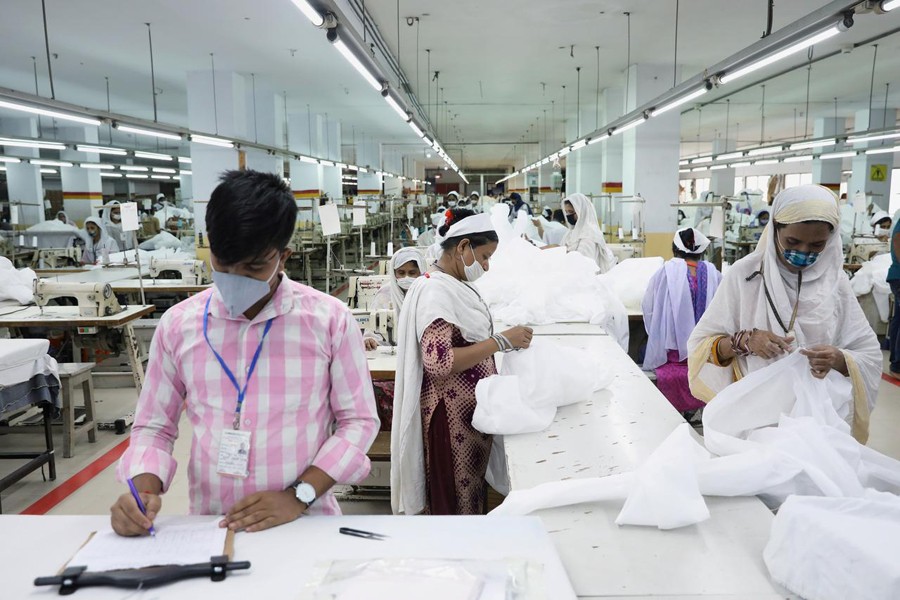Bangladesh and other South Asian nations are likely to record their worst growth performance in four decades this year due to the coronavirus pandemic, the World Bank said on Sunday.
The South Asian region, comprising eight countries, is likely to show an economic growth of 1.8 per cent to 2.8 per cent this year, the World Bank said in its South Asia Economic Focus report, well down from the 6.3 percent it projected six months ago.
Bangladesh’s economy is expected to grow 2.0 per cent to 3.0 per cent in fiscal 2020, followed by 1.2 per cent to 2.9 per cent in fiscal 2021, according to the World Bank.
India’s economy, the region’s biggest, is expected to grow 1.5 per cent to 2.8 per cent in the fiscal year that started on April 1. The World Bank has estimated it will grow 4.8 per cent to 5 per cent in the fiscal year that ended on March 31, according to a bdnews24 report
“The extent of the impact of the pandemic will depend on the duration of the crisis and the mitigation measures taken,” said Mercy Tembon, World Bank Country Director for Bangladesh and Bhutan.
“The Bangladesh government has acted quickly with public health directives, stimulus package, and scaled-up social protection programs. Earlier this month, the World Bank approved a $100 million financing to help detect, prevent, and respond to the COVID-19 outbreak and protect the people. We are committed to help Bangladesh tackle the pandemic, accelerate recovery, and build resilience,” she added.
The impact of the coronavirus will hit hard low-income people, especially informal workers in the hospitality, retail trade, and transport sectors who have limited or no access to healthcare or social safety nets.
The report notes that the COVID-19 shock will likely reinforce inequality in South Asia. As played out across the region, the sudden and large-scale loss of low paid work has driven a mass exodus of migrant workers from cities to rural areas, spiking fear that many of them will fall back into poverty. While there are no signs yet of widespread food shortages, the report warns that a protracted COVID-19 crisis may threaten food security, especially for the most vulnerable.


